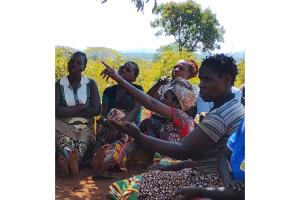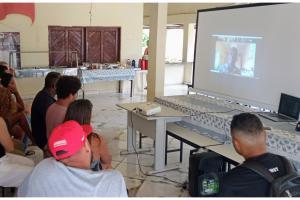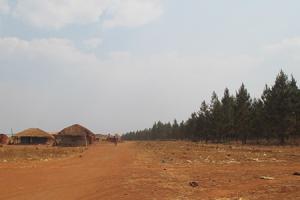Pulp and Paper
Large-scale tree monocultures to produce pulp and paper, along with the infrastructure and pulp mills that come with these plantations, have been expanding onto communities’ fertile lands. They have destroyed forests and grasslands, especially in Latin America, Asia and Southern Africa. The species used are fast-growing and not native to these countries. They include varieties of eucalyptus, acacia and pine trees.
Bulletin articles
24 October 2024
Besides the direct impacts on communities’ lives, eucalyptus monoculture plantations represent absurd and obscene inequality. A group of 45 community people with whom we spoke was shocked to learn that it would take them 2,300 years of non-stop work to collectively earn the same amount that a single Portuguese family, one of the owners of the plantation company they work for, earned in one single year from the profits of their shares in the company.
Bulletin articles
25 October 2023
Exchanges between activists put the voices of those who fight to defend their territories at the center of the conversation. In September, members of communities from Brazil and Mozambique united their struggles and connected their histories once again, helping to strengthen solidarity in the fight against industrial tree plantations.
Bulletin articles
16 June 2022
More than 10 million hectares in Indonesia are controlled by the pulp and paper industry, mainly by two giant corporations: APP and APRIL. Despite the companies’ commitments to protect forests and peatland, both keep being associated with deforestation, forest fires and to a business model of violence, criminalization and dispossession of forest communities. (Available in Bahasa Indonesia)
Bulletin articles
17 December 2021
On the frontlines of the promotion of monoculture tree plantations as a solution to the climate crisis, families affected by tree plantations in Mozambique, Tanzania and Brazil, have once again denounced the serious impacts on their lives and the environment.
Bulletin articles
23 May 2007
Bulletin articles
12 November 2005
Bulletin articles
11 February 2003




